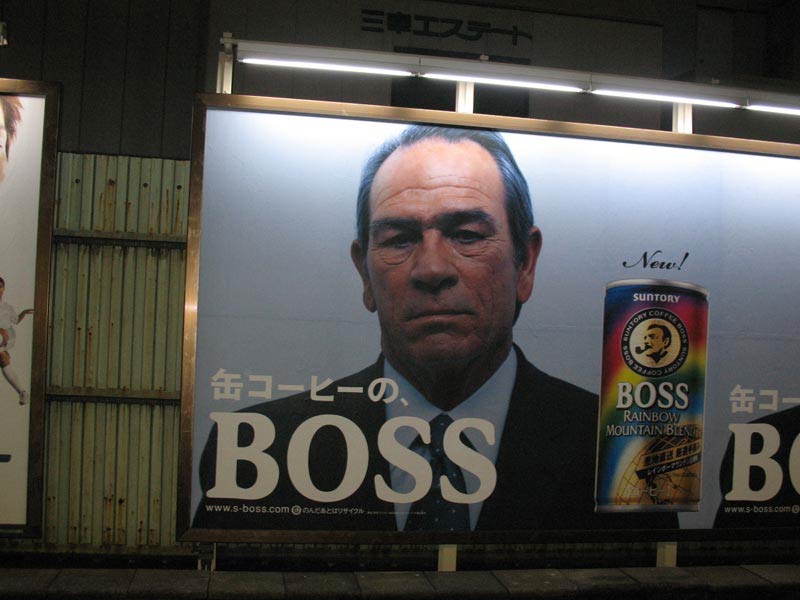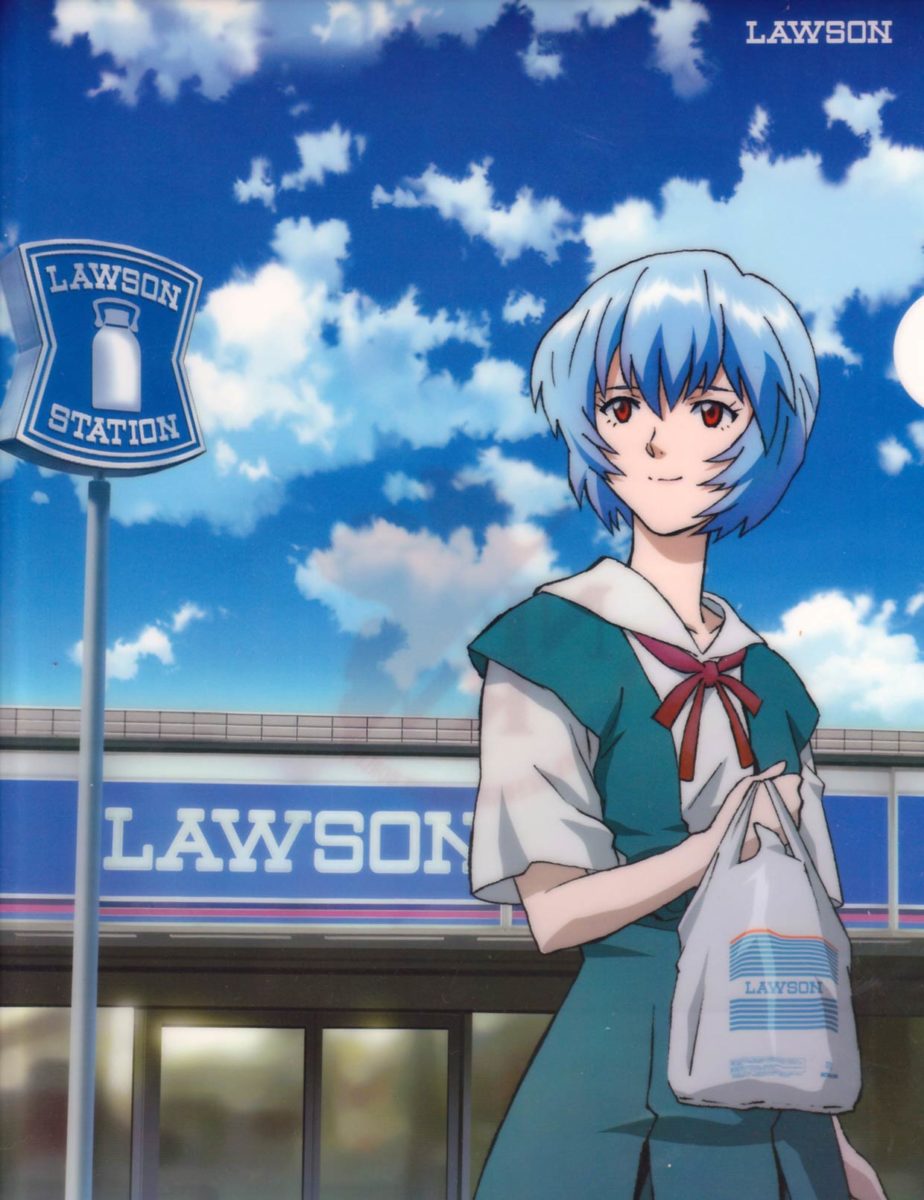Japan is a great place, and I like it a lot. The people are kind and honest, and every day is a learning experience for me, both in terms of language as well as the wider world of Japanese culture around me. Japan is a free-market country in which products can be introduced into the marketplace to create value for smart companies with good ideas, the investors who provide capital to the companies, and the consumers who get the benefits of having innovative products to choose from. However, there are some areas in which Japanese-style capitalism doesn’t always function in the way that a Westerner might expect. First of all, many companies must deal with competition from an unexpected source, the Japanese government itself, which chooses to involve itself in a wide range of businesses including operating Japan’s horse racing industry and a government-subsidized provider of life insurance (Kanpo) — they even ran Japan’s largest tobacco company until it was privatized in the 1980s. Last year, an investment group called Steel Partners tried to engineer a U.S.-style takeover of Bull-Dog Sauce Company, the makers of that heavenly tonkatsu sauce that’s usually usually called “sauce” in Japanese. While I’m all in favor of my favorite condiment company not being bought out in a hostile merger, there is the small issue of companies being owned by the actual shareholders, and not the management of the company, who seemed bent on preserving their own positions above all else as they fought off the takeover bid. Japan is a wonderfully litigation-free country, which is certainly a good thing all around. However there are times when a functional democracy might just need a few lawyers, for example if the management of a company did something that actually harmed the investors, yet in Japan concepts like shareholder lawsuits are completely unheard of.
What Anime Raised You? J-List Customers of Culture Respond!
One reason I love social media like X, Bluesky, and Facebook is that I can post questions to my followers...















